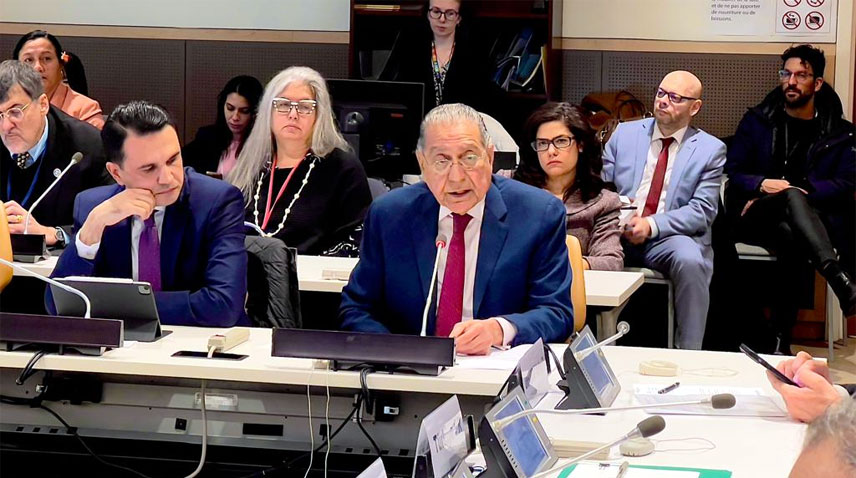ISLAMABAD – Pakistan on Thursday planned to implement ‘Zero Plastic Waste Cities along the Indus under the overall framework of the ‘Living Indus Initiative’ to tackle the challenge of plastic pollution.
Addressing an event in New York, Pakistan’s Permanent Representative to the UN Munir Akram said the cities include Karachi, Lahore, Faisalabad, Rawalpindi, Hyderabad, Multan, Islamabad, Peshawar and Quetta.
Ambassador Munir Akram said Pakistan formulated the National Hazardous Waste Management Policy in 2022 in response to the challenge of hazardous waste management.
Regarding plastic waste, Ambassador Akram noted that Pakistan generates 3.9 million tonnes of plastic waste annually, with only twenty five percent to thirty percent being managed.
A significant portion of plastic waste, approximately 164,332 tonnes, is carried by the Indus River system to the sea each year.
He said it is in this context that Pakistan looks forward to the conclusion of an inter-governmentally binding treaty on plastic pollution.










